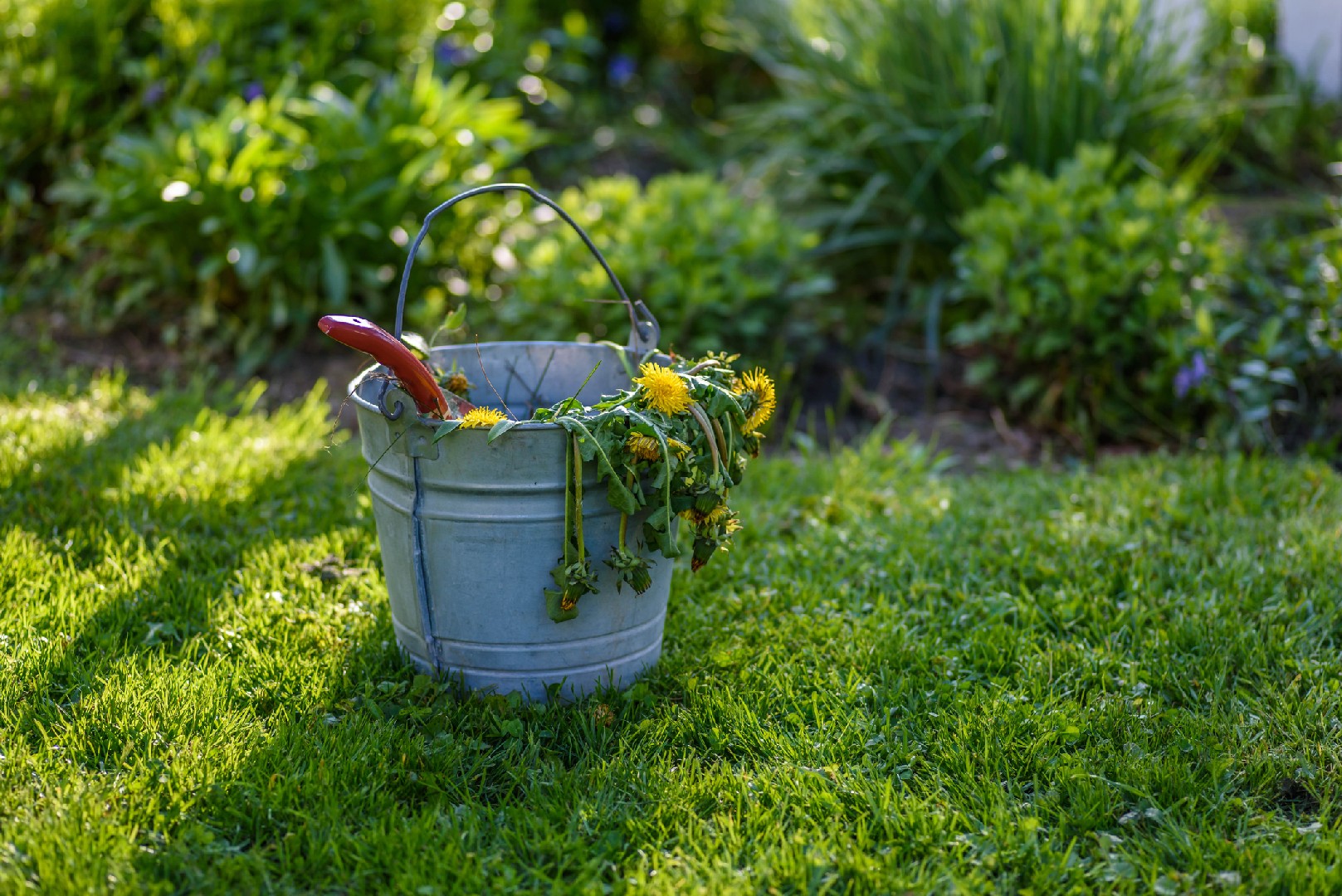![Rectangle]()
The Power of Prevention: Strategies to Halt Weed Growth
Weeds can be a persistent and frustrating problem for gardeners. They compete with our plants for water, nutrients, and sunlight, and if left unchecked, can quickly take over a garden. However, by implementing some preventive strategies, you can significantly reduce the weed population in your garden and create a healthier growing environment for your plants.
One of the most effective methods of preventing weed growth is through proper spacing and plant selection. When plants are evenly spaced, they have room to grow and spread, reducing the available gaps for weeds to take hold. Additionally, choosing plants that are well-suited to your climate and soil conditions can help them thrive, making it harder for weeds to establish themselves. By creating a dense and healthy plant community, you can naturally outcompete weeds and minimize their impact.
Regular maintenance is another key strategy in preventing weed growth. This includes tasks such as removing weeds as soon as they appear, mulching, and maintaining healthy soil. By pulling weeds when they are young, you can prevent them from going to seed and spreading further. Mulching with organic materials such as straw or wood chips not only helps to conserve moisture and suppress weed growth but also improves the overall health of the soil. Healthy soil supports strong plant growth, making it more difficult for weeds to compete.
In addition to these preventive measures, there are some specific techniques you can employ to further inhibit weed growth. One such method is crop rotation. By rotating your crops each season, you disrupt the life cycle of weeds that are specific to certain plants. This can help to reduce the weed population over time. Another technique is intercropping, where you plant different crops together in the same area. This can create a natural barrier against weeds and enhance overall plant growth.
Implementing these preventive strategies requires some upfront effort, but the long-term benefits are well worth it. Not only will you spend less time battling with weeds, but your plants will also thrive in a healthier and more productive environment. By adopting these practices, you will be on your way to winning the weed war and achieving effective garden weed control.
In conclusion, preventing weed growth is a critical aspect of successful gardening. By implementing strategies such as proper spacing, choosing the right plants, and regular maintenance, you can create a garden environment that inhibits weed growth and promotes healthy plant growth. Additionally, techniques like crop rotation and intercropping can further enhance your weed control efforts. Remember, prevention is key, and with these strategies in place, you can enjoy a weed-free garden that flourishes with beautiful and thriving plants. So, roll up your sleeves, put on your gardening gloves, and get ready to win the weed war!





